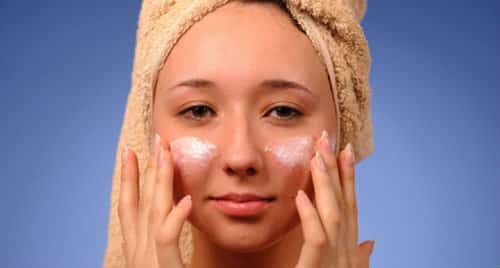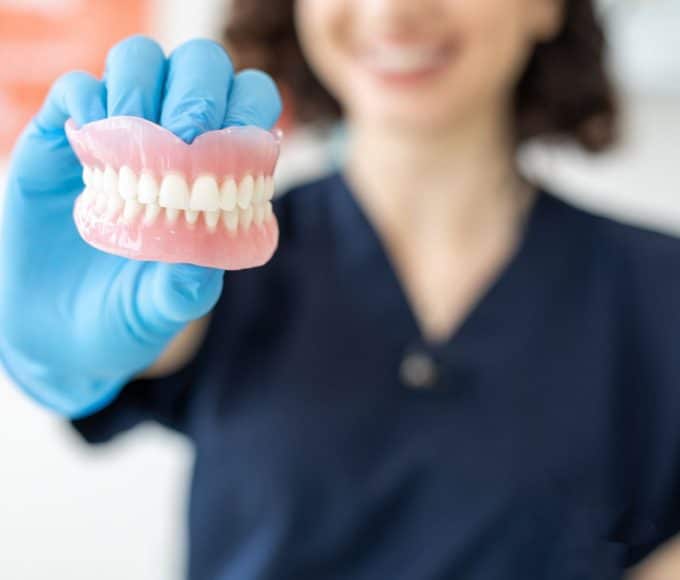As your body’s largest organ, it’s easy to forget that your skin weighs around 15% of your body weight and because of the way it protects all of your body, it is vital that you look after it carefully.

What your skin does for you
Your skin is made of three layers. The outer layer is the epidermis, the middle layer, the dermis and the lower layer is called the hypodermis. The skin performs many protective skills such as warding off bacteria, injury to your body and UV radiation. For 24 hours a day it is helping to regulate the temperature of your body, it understands the sensation of touch and protects the rest of you from wear and tear.
Although you can quickly see skin damage after spending a short time out in the sun without any protection, your skin is guarding your body from the ultraviolet rays from the sun.
One of the greatest qualities that skin possesses is the ability to protect your body from dehydrating because it stops your body from losing any water that it has absorbed. Your skin will react by calling or heating your body’s temperature so that you remain safe and healthy.
In a similar manner to all of your organs, as you age, your skin will lose some of its functionality. Your skin tone and skin texture will change and if you don’t treat your skin and treat it properly you may lose some of its protective nutrients which is why it may become dull and wrinkles will begin to appear.
How your skin works
The outer layer of your skin is stretchy and flexible so that it can move to match your body’s requirements while constantly acting as an obstacle against forces from the environment. The melanocyte cells produce the melanin which will show you how you look from the outside world with the colour of your hair, skin and eyes.
The middle layer of your skin is a mixture of collagen, reticular fibres and elastin. It’s the elastin which helps your skin move without tearing and the collagen provides the power. This is where your lymph glands and blood vessels are located, along with hair follicles and your sweat glands.
The bottom level of your skin is a mixture of fact and connective tissue with its main duty to act as an insulator for your body.
Although your skin is a natural substance, it is the duty of the owner to keep it fit and healthy. Preventing sun damage by too much exposure to the sun’s rays is important because a failure to act properly will show as lines and wrinkles and potentially skin damage and skin cancer at a later stage. A lack of hydration will show also as wrinkles and early ageing which may lead to ill health. By not looking after your skin properly you may see some pigmentation over the course of time which will show as light or dark patches across your skin.
Your skin will go through a significant amount of battering and bruising over the years and you may develop scars, warts and other skin lesions. Whether you choose to use chemically focused creams to help your skin maintains healthiness over the years or whether you look only for natural alternatives, it is important that you constantly maintain the quality of your skin for it to carry out its important tasks for years to come.
Chris Jenkinson believes in taking good care of your skin. He writes for Qutis Clinics Abingdon.















